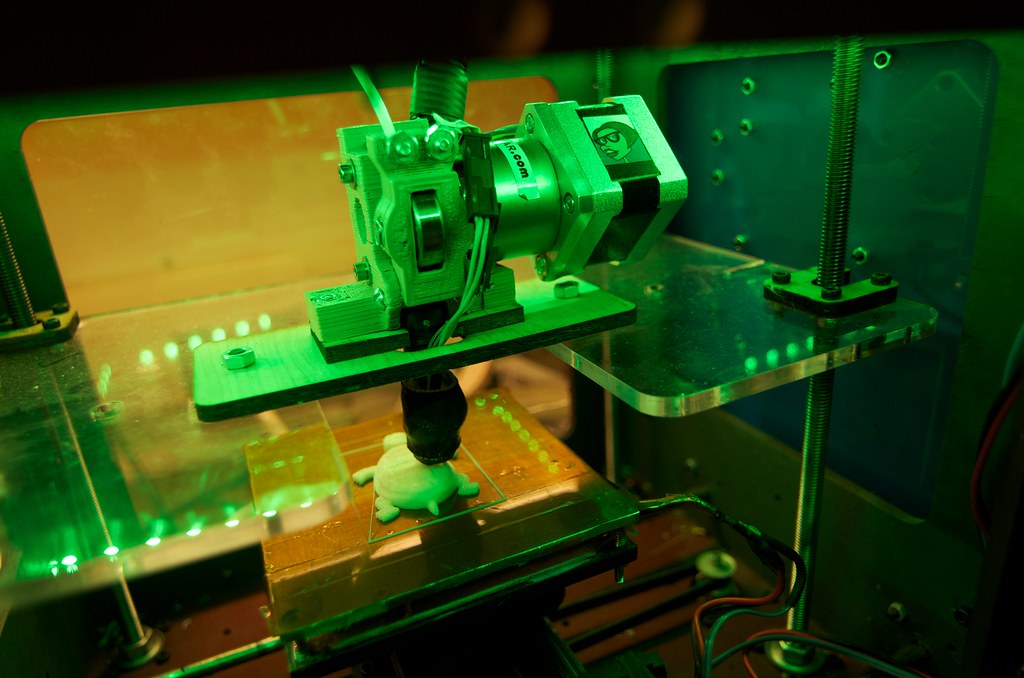

This article is only available to Macro Hive subscribers. Sign-up to receive world-class macro analysis with a daily curated newsletter, podcast, original content from award-winning researchers, cross market strategy, equity insights, trade ideas, crypto flow frameworks, academic paper summaries, explanation and analysis of market-moving events, community investor chat room, and more.
Summary (You can listen to the podcast by clicking here)
• This episode discusses how 3D printing can impact international trade.
• Many think trade is the ladder for economies to develop – successful industrialisers have all followed this path of building up stronger export sectors. Now some are worried that this model could be impaired due to automation and 3D printing.
• A wider application of 3D printing could mean that the future of trade may be in digital goods rather than physical goods. This is not good news for developing economies who rely heavily on traditional trade.
• On the flip side, the cost and production efficiency of companies will improve which may benefit the global economy in the longer run.
• Recent academic work on the influence of 3D printing on the production of hearing aid devices found a 58% increase in hearing aids trade since 2008. But it has been developed economies with advanced production technologies that have benefited from this revolution.
Why does this matter? While the first wave of globalisation saw developing countries like China benefit and uneducated workers in developed countries suffer, the rise of 3D printing could change these dynamics. The biggest losers will be poorer developed countries that don’t have the technological capacity to manufacture goods using 3D printing. Developed countries could see manufacturing return, but it’s not clear whether uneducated workers will benefit. Inequality may therefore continue to rise.
(The commentary contained in the above article does not constitute an offer or a solicitation, or a recommendation to implement or liquidate an investment or to carry out any other transaction. It should not be used as a basis for any investment decision or other decision. Any investment decision should be based on appropriate professional advice specific to your needs.)